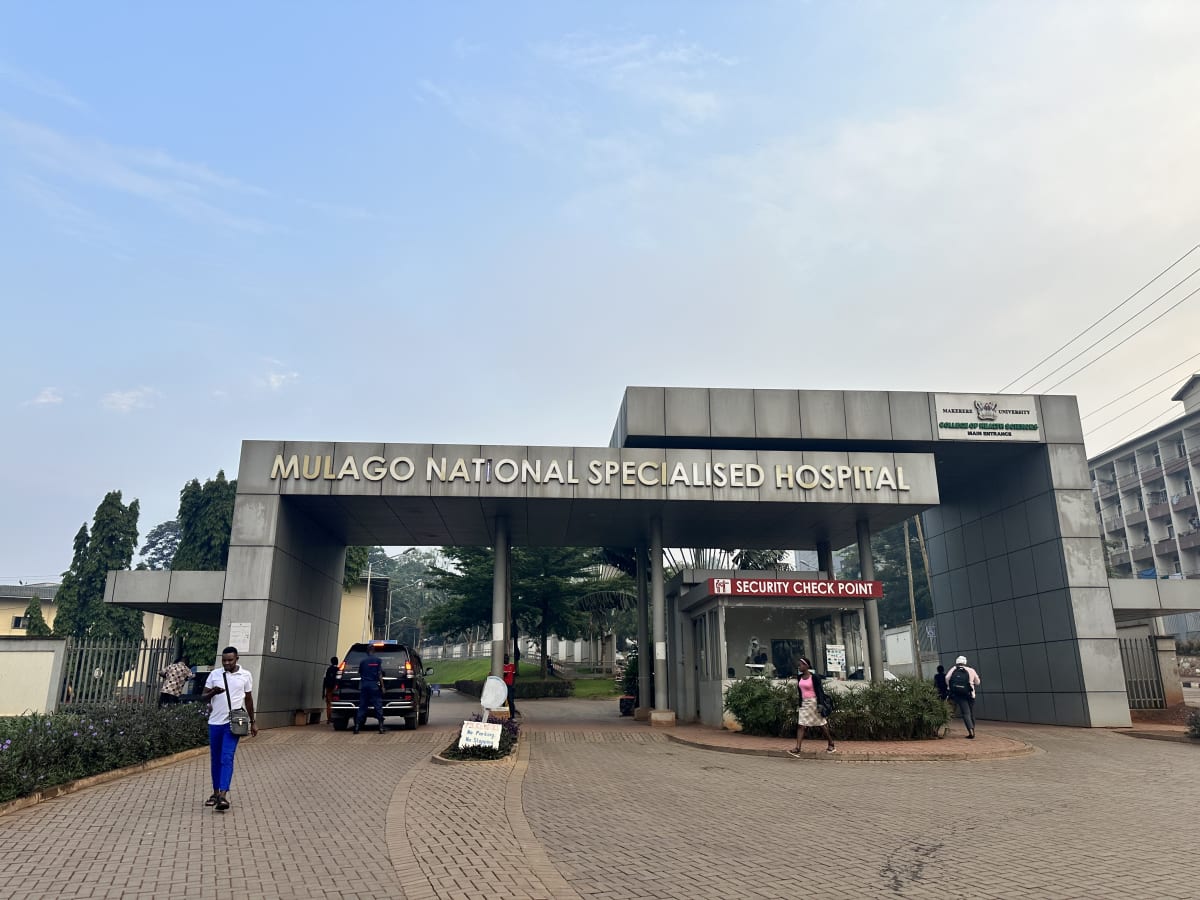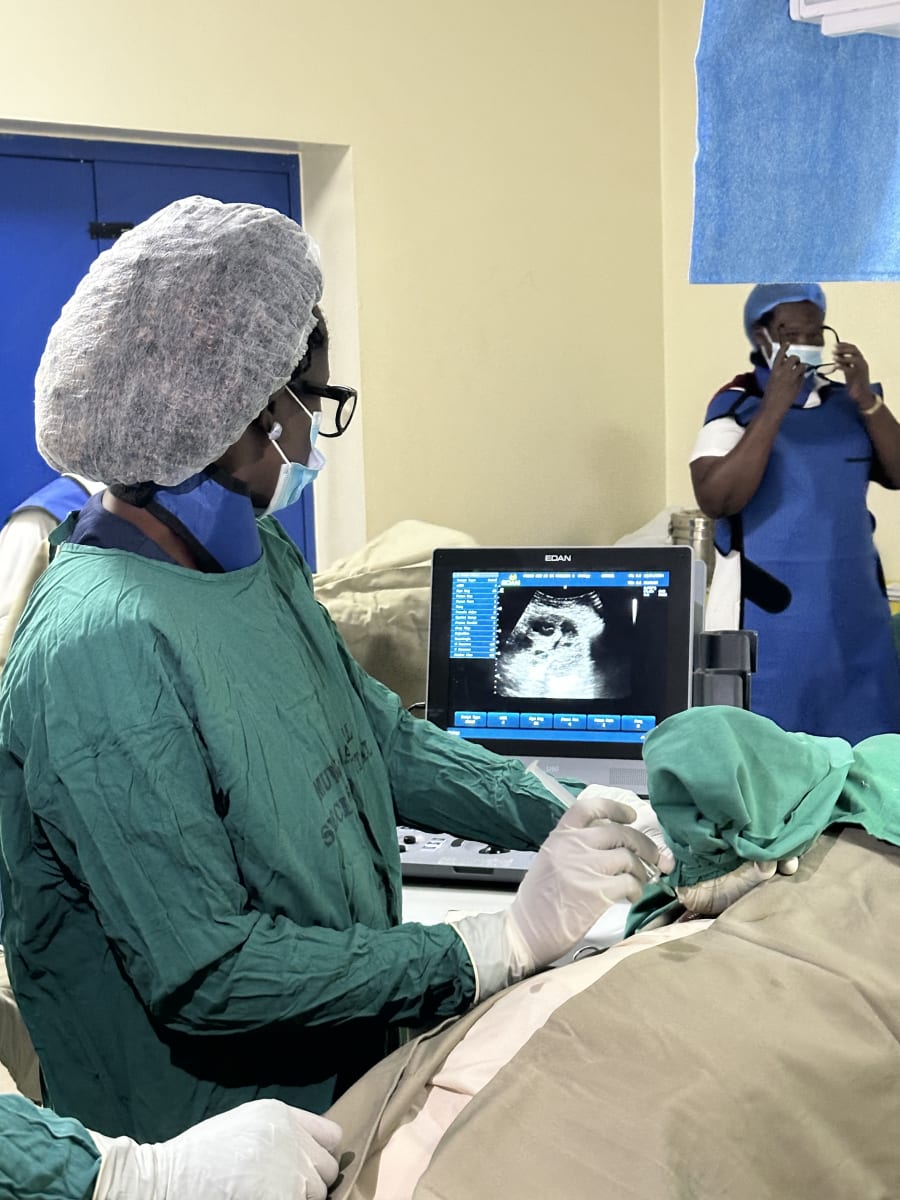Demand for minimally invasive treatments continues to rise around the world. Interventional radiology (IR) in particular is indicated for a broad range of conditions and has numerous advantages over more traditional surgical options, often significantly decreasing associated morbidity and mortality. Examples include image guided abscess drainage, nephrostomy and biliary tube placement, uterine fibroid embolization, and embolization in the setting of trauma, GI bleed, or postpartum hemorrhage. However, many low-income countries have limited or complete lack of IR services. According to the WHO over 4 billion people globally lack access to diagnostic imaging, with likely more than 5 billion lacking access to IR. As of 2023, there are no formally trained IR physicians in Uganda for a population of 45 million, leaving a population equivalent to that of California and Georgia combined without access to a broad range of life-saving treatments.
Over the past five years, Road2IR has initiated East Africa’s first IR training program in Tanzania. Africa’s first Master of Science in IR curriculum at Muhimbili University in Dar es Salaam was officially announced in October 2019, which gives testament to the rapid progression of the training program. By leveraging experience from Tanzania, Road2IR intends to replicate the proven Tanzania IR training model in Uganda through regional and international collaboration. As such Road2IR established a partnership with Mulago National Referral Hospital, and by expanding on existing infrastructure, the partnership began offering IR clinical services in Uganda in August 2023. Furthermore, Road2IR-Mulago partnership is in the process of inaugurating a Master of Science in IR program in late 2023, similar to the existing program in Tanzania.
While this program most immediately serves the 45 million people living in Uganda, training IR physicians locally will have regional impact. For instance, one of the first IR fellows who graduated with the first class in 2021 in Tanzania is from Rwanda and returned there as the first IR physician in the country, now in the process of expanding these efforts there with plans to begin training the first generation of Rwandan IR trainees soon. Additionally, one of the graduates from the class of 2022 in the Tanzania program returned to her home country of Nigeria with a goal of starting her own program there. As such, Road2IR goal is to eventually serve the entire population of sub-Saharan Africa.
Expanding the many obvious benefits IR already provides to patients in high income nations can be quickly expanded to billions of people around the world in low-income nations by training young physicians locally. IR provides a broad range of life-saving procedures and can have an immediate impact, as has been demonstrated in Tanzania and Rwanda over the past several years and now in Uganda over the past few months. I want to support and expand these efforts and contribute to building IR services in Africa, potentially reaching over one billion people who currently have no access to these important treatments.






Supervised the first 3 interventional radiology residents in Uganda at Mulago National Hospital, who performed basic image guided procedures including biopsy, drainage, nephrostomy tube and biliary drain placements.